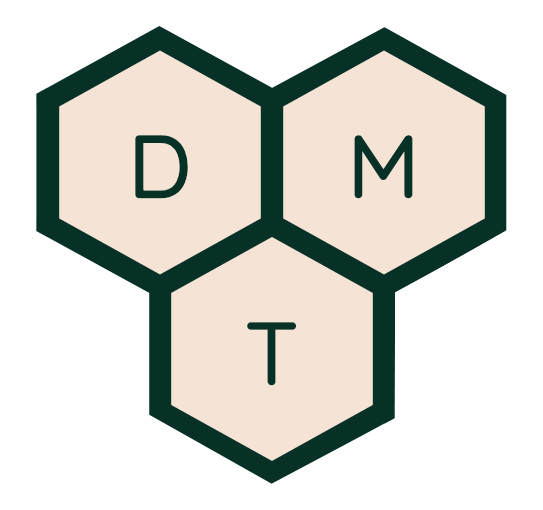Taking notes between D&D sessions
- 29.08.2019
- Nathan
Taking notes in D&D is vital for any game with a story worth keeping track of. For players characters, it's on a personal preference for what you jot down, but in this post, we will figure out how to keep track of your adventure from the point of view of a dungeon master.
I will be viewing this from the perspective of a game where the adventure is already written, be it a published adventure, or something you've created yourself. I will provide useful tips for keeping all the necessary plates spinning it takes to make a good story great.
Making "last time..." notes - Your players have probably forgotten most of your last session, but until you start taking notes, your probably forgetting allot too. Week to week you may think you have it all in your head, but having this stuff down on paper really pays off later down the line. A series of broad bullet points that detail the important parts of the last session is the easiest way to get things back on track. It also carves out a set time for you to read anything you must remember at the start of each session.
Effects, banes & boons - After reading your points from last time, note anything you MUST remember directly underneath. So your fighter can no longer conveniently forget about their points of exhaustion. This can also be great for monsters and NPC's that have similar adjustments or actions they need to take immediately.
Backstories & Deviation - It doesn't matter what kind of adventure your running if it's any good, you will need to adjust it to fit your characters. Whether one of your players has written a 10-page backstory with an extended family they intend to meet or they have taken the story completely off the rails and you suddenly need to homebrew an escape plan.
Keep a contingency plan in mind for characters to fulfil their personal goals. When making these notes, think about where this will happen in the story and record chapters and page numbers where you want to append new details. If you're using digital notes, add links to these sections of your adventures.

Sidequests & Secret Plans - Adventures rarely keep just one linear narrative in motion at one time. Sidequests and personal missions may have different levels of progress at one time and not every player is privy to hearing details at the start of the game summary. You will always want to know what the next step in the sidequest chain is each session.
There may also be plans progressing in the background that the players are unaware of. Perhaps a secret plan to foil the characters adventuring business, or a degenerative curse afflicting ignorant player. Don't lose track of these details! They add layers to the story and are worth the extra layers of complication.
In Conclusion - You might be a dungeon master that thinks, "I have it all in my head, I don't need to take notes". That's great, but you may simply forget some small details that act as throughlines in your story. The things you can't rely on players to remember, but which may delight them when are not forgotten.



